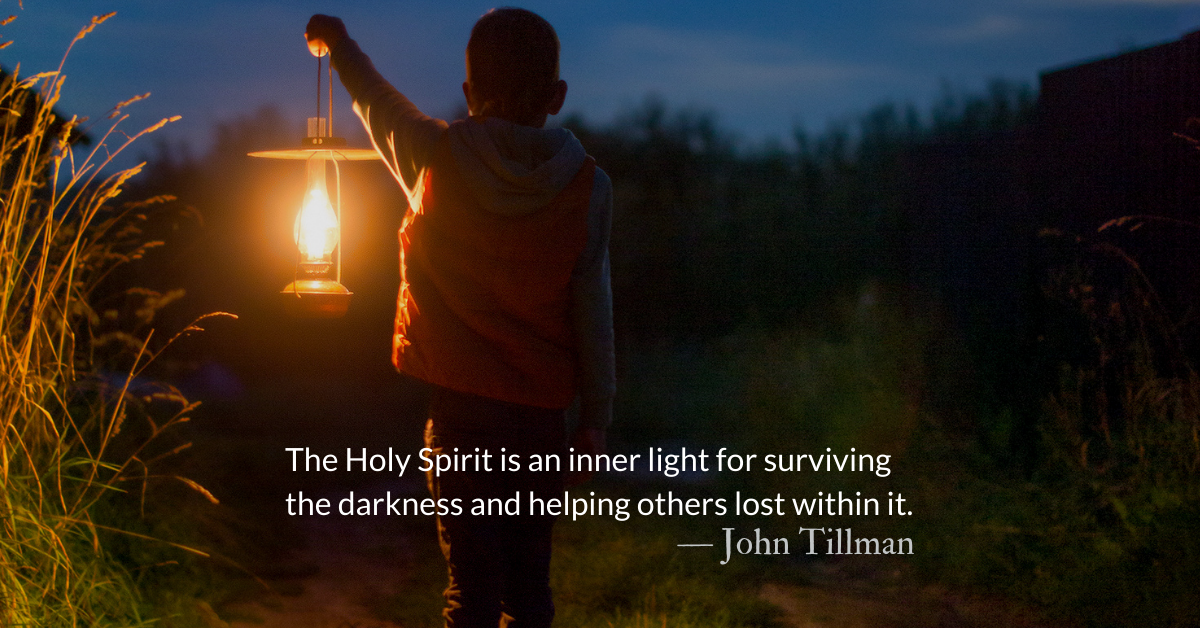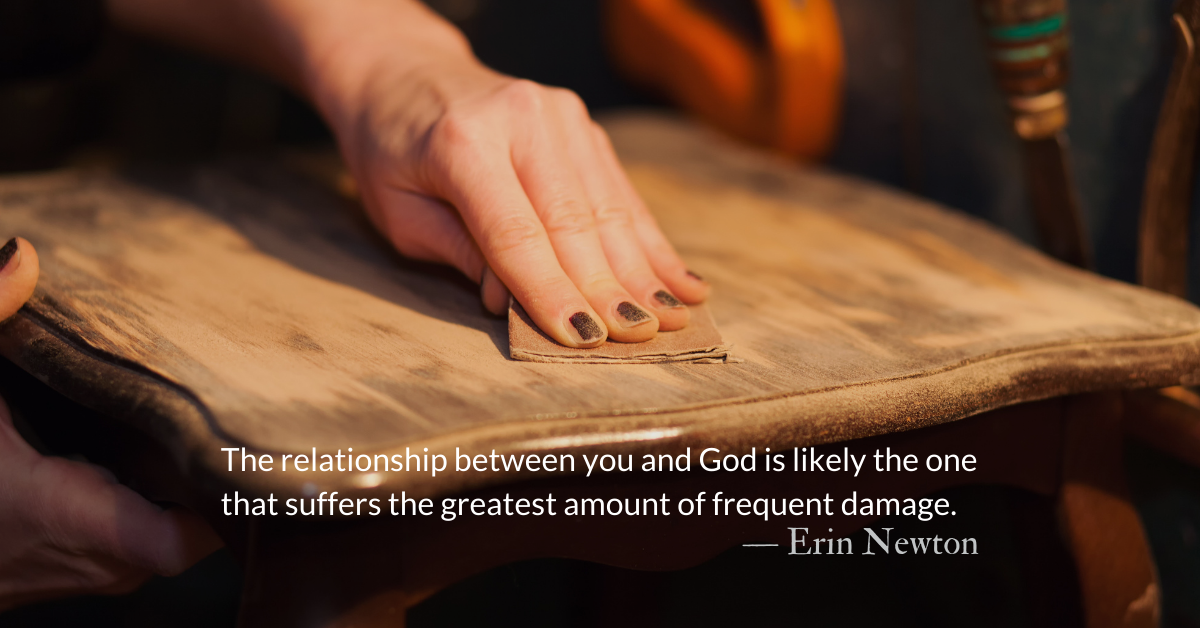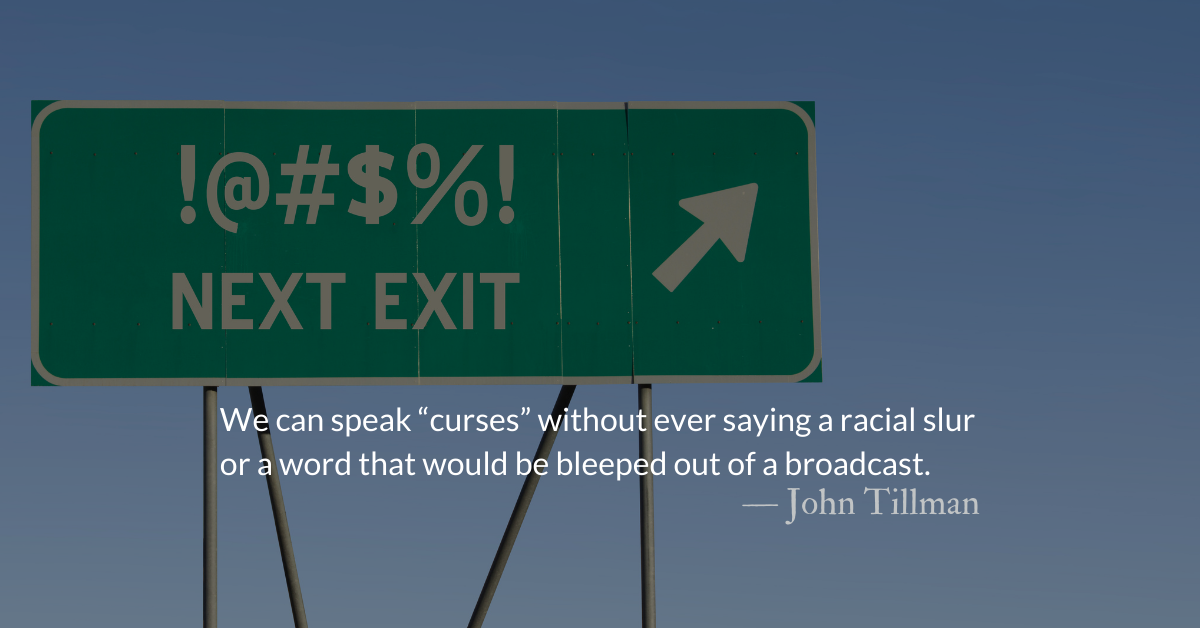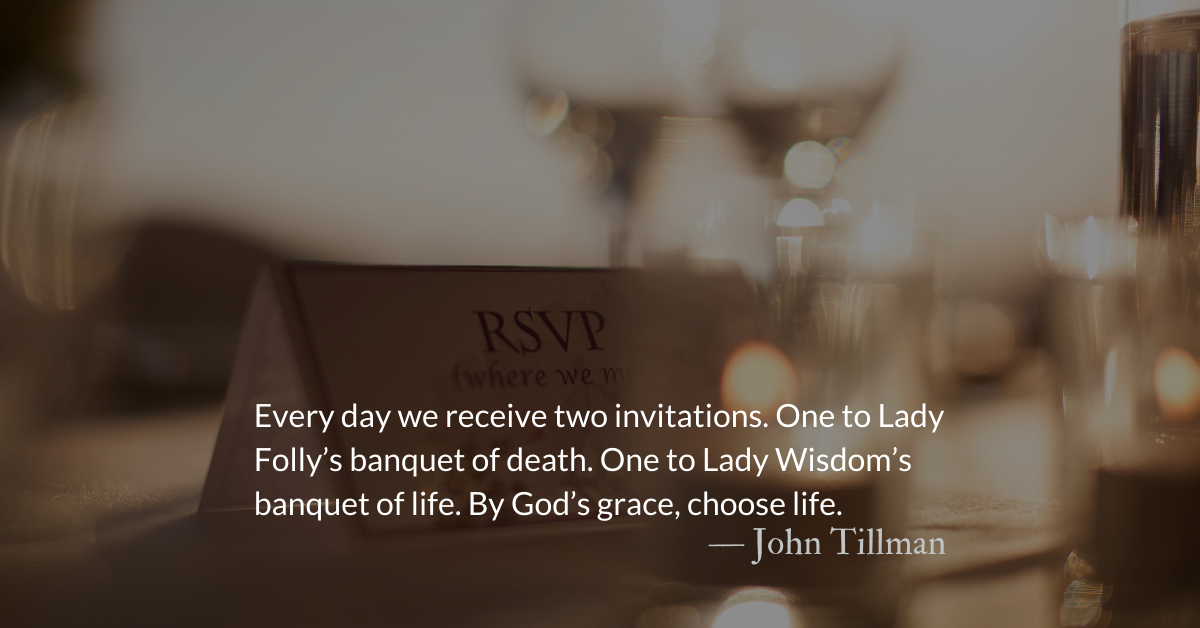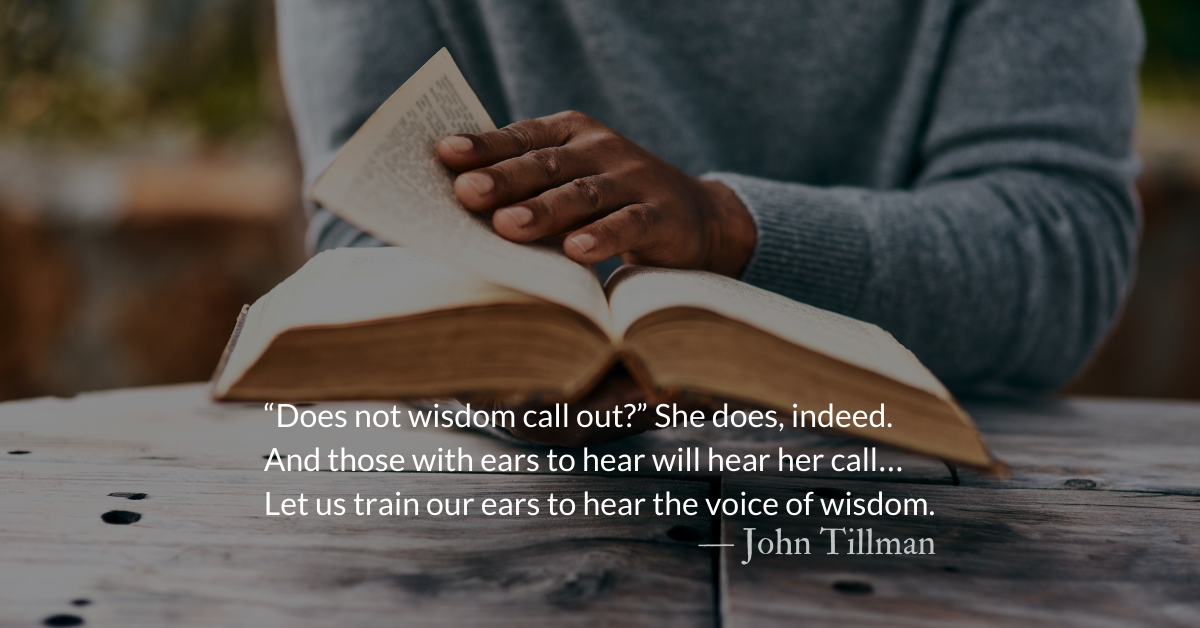Scripture Focus: Proverbs 15.13-17
13 A happy heart makes the face cheerful,
but heartache crushes the spirit.
14 The discerning heart seeks knowledge,
but the mouth of a fool feeds on folly.
15 All the days of the oppressed are wretched,
but the cheerful heart has a continual feast.
16 Better a little with the fear of the Lord
than great wealth with turmoil.
17 Better a small serving of vegetables with love
than a fattened calf with hatred.
Reflection: Inner Light of the Heart
By John Tillman
The theme of this section is the heart (or inner being) and its effects on the rest of our lives. Proverbs’ pithy, punchy format can seem like it simply states the obvious: “A happy heart makes the face cheerful.” However, obvious truths sometimes have deeper implications.
Doctors know that stress, anxiety, and depression, often thought of as intangible feelings, cause tangible harm to our bodies. Proverbs often agrees and speaks about how the spiritual affects the physical.
Emotional suffering can affect us physically and physical suffering can affect emotional well-being. Trauma responses in which victims of physical abuse relive the sensations and emotions of traumatic events are common.
“Feelings” physically affect us. Physical suffering emotionally affects us. We sometimes can’t just “get over” or “pray away” our feelings because of this mental-physical feedback loop.
Our bodies matter. Our spirit also matters. We are integrated beings—not solely spirit and not solely flesh. The resurrection body of Jesus, the firstborn from among the dead (1 Corinthians 15.20), shows us that we will not be disembodied spirits. We will not slough off flesh for a spiritual plane but be transfigured (1 Corinthians 15.50-55) into a more glorious state as heaven comes down to earth.
Until that day, there is a bright side to physical/spiritual connection. Christians have something greater within us to rely on than our own spirit (1 John 4.4). Christ promised “rivers of living water” within us and that he would “pour out his Holy Spirit” on all flesh. The Holy Spirit is the down payment and guarantee that Christ’s promises of resurrection and eternality are true (2 Corinthians 1.21-22).
Centering our hearts on Christ can change our visages, our vision, and our vitality. The Holy Spirit is an inner light for surviving the darkness and helping others lost within it.
The world’s current reality is not the end. Many biblical authors expressed dark emotions and experienced physical suffering as the culture around them degraded them and the structures of justice and righteousness were toppled by greed and grotesque pursuits. However, they also testify that there is refreshment for our souls and hearts in scripture.
The state of our hearts affects the rest of our lives. The one who feeds on the Lord, feasts even if his body starves. The one who fears the Lord can stand against fearful things.
Through the Holy Spirit, our brightened souls can put a gleam of glory on our faces no matter what darkness surrounds us.
Divine Hours Prayer: The Greeting
My heart is firmly fixed, O God, my heart is fixed; I will sing and make melody. — Psalm 57.7
– From The Divine Hours: Prayers for Springtime by Phyllis Tickle.
Today’s Readings
Proverbs 15 (Listen – 3:36)
Psalm 78:38-72 (Listen – 7:12)
Read more about Unprecedented Peace
War is so entrenched in our culture. Violence so widely lauded as a solution. Christians can shine in darkness by clinging to our identity as people of peace.
Read more about Hope Amidst Destruction
May we be lanterns of light, shining in a darkened land.
May God purify us and spread his glory over us.

